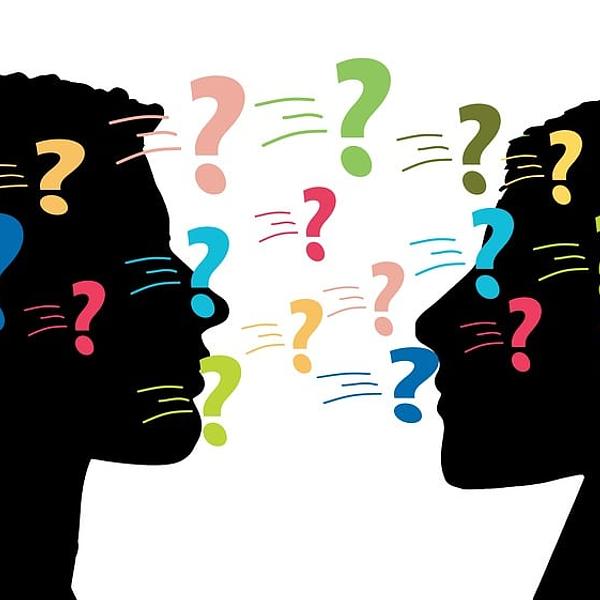
2024-03-27
Have you ever caught yourself ascribing a nationality to someone based on the way his/her language sounds? You are clearly not alone. We all have different notions of what a language ideally sounds like. How do these notions come about? Is it possible to minimize or eliminate them?
Image by Gerd Altmann from Pixabay
Text by Esther Chiamaka CHUKWU
* * *
As individuals, we normally have a routine of checking things to know their current state. For example, we check if our clothes are clean before putting them on, if our phone battery is charged before leaving the house, if the lights are turned off before locking the door and if the keys are in the pocket before getting on the bus/train. When we speak, we also check (judge) if our listeners understand us and vice versa. In some cases, this results in a certain perception and discovery of our listeners’ language abilities: through their accent or grammatical faults in speech. Some scholars claim this is a feature of language ideologies. Others say it is a form of monolingual cringe. If so, what are language ideologies? What is a monolingual cringe?
Kroskrity explains language ideologies as the value given to a “language and discourse that is constructed in the interest of a specific social or cultural group” (Kroskrity 2004, 501). Simply put, they are a set of beliefs used by a person to reflect, create and strengthen the ranking of languages, people who speak them and how they speak the languages. So if you feel a person’s accent is too problematic, you may have unknowingly created an idea of how the person ought to sound/speak. Monolingual cringe on the other hand is the fear and deep shame of being “bad at languages” (Torsh, 2020). This results in a lack of self confidence, undue stress and self-exclusion.
Sadly, language ideologies cannot be eliminated because they are inferred and based on a person’s ideals. Hence, we can only minimize their effect in the following ways:
In the end, there is no perfect accent in a language. It all depends on a person’s geographical location, status or other social constructs. Some accents may be considered perfect because they are mostly heard in the media and used by prominent world powers. If you worry that people do not understand you, work on improving your pronunciation and enunciation of words. Also, there is no specific set of rules called language ideologies. But there is a social construct each of us creates and uses to intentionally or unintentionally police other people’s use of a language. So, the next time you meet someone struggling to speak a language (not his native tongue) or you perceive another accent, don’t flinch or end the discussion. Instead, smile and make your moment with that person worthwhile.
* * *
Further reading
The article is part of the initiative Student Ambassadors of the Multilingual Experience. Our students have prepared some interesting topics for you – just scroll down the project page to the section "News“ – you will find more blog posts to enjoy!
